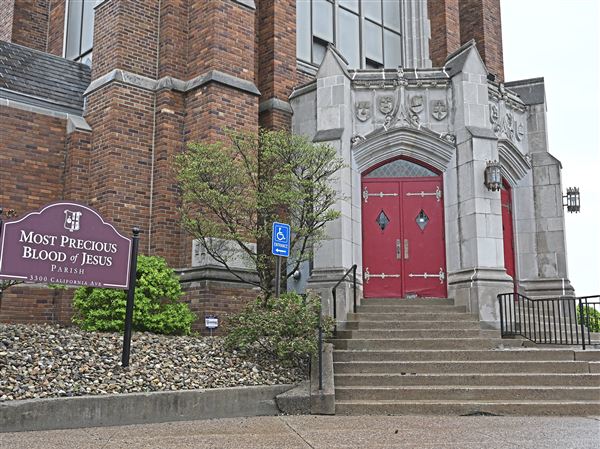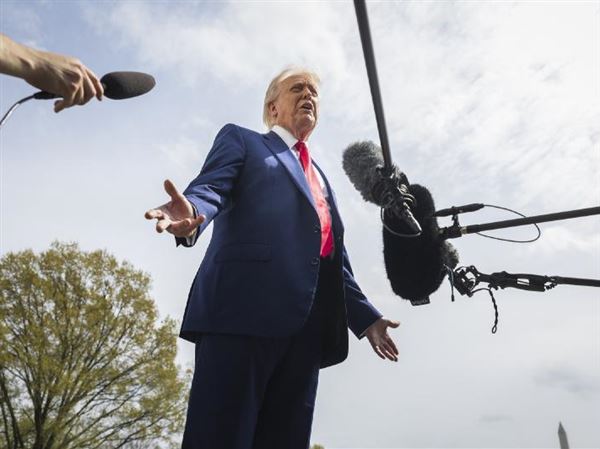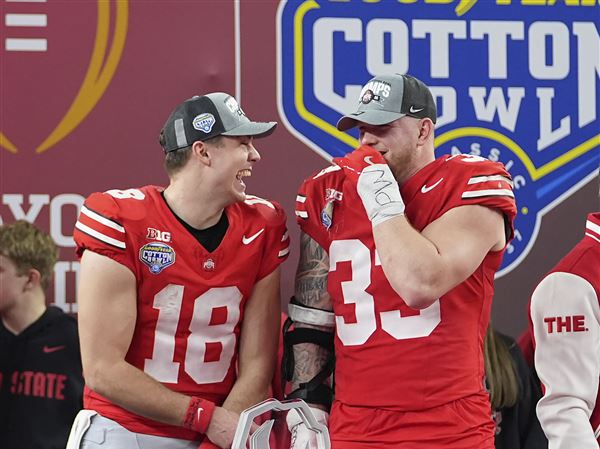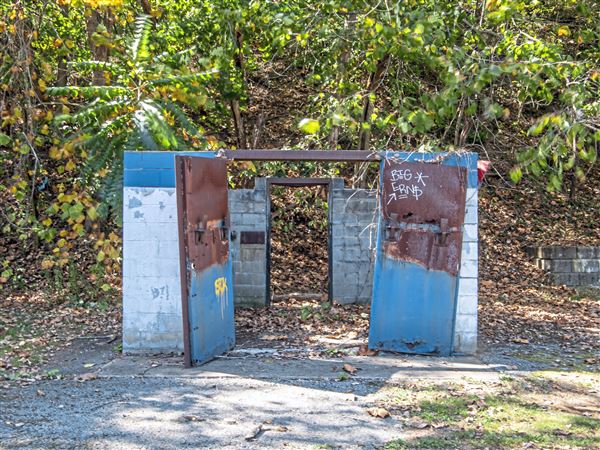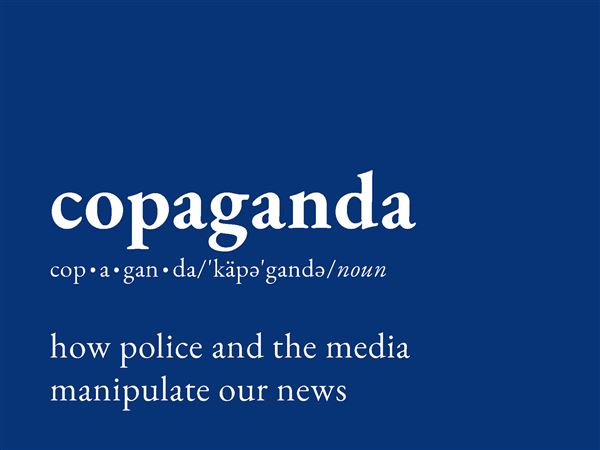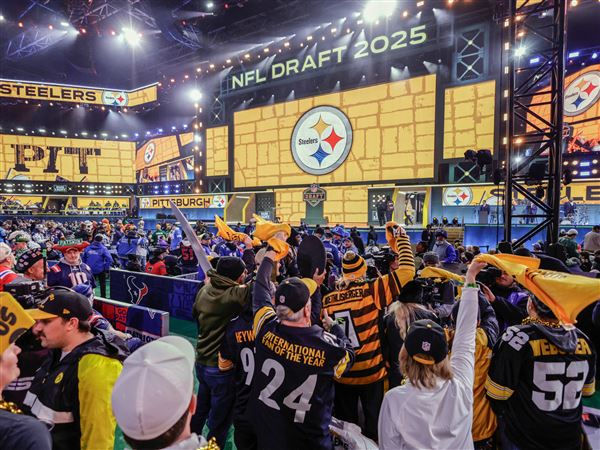At the Free Gospel Bible Institute in Murrysville, Westmoreland County, even the postman's daily round is viewed with expectation.
Sometimes, they say, he brings them miracles.
"This place is a miracle, with a miraculous history," says the Rev. Thomas Peretic, president at the Bible school. "God wants our school to be here. There's no way it's humanly possible for us otherwise."
Western Pennsylvania is home to plenty of Christian seminaries: Roman and Byzantine Catholic, Presbyterian, Russian Orthodox, Episcopalian. Like their counterparts in Christian education, the Free Gospel students study the how-to's of Scripture research, hymn-singing, and sermonizing.
But these 94 students also chop wood, shovel snow, wash dishes, and hammer nails. They pay no tuition, room or board fees. The three-year live-in program charges students only $340 per semester for books and administrative costs. With a faculty of 10 and an operating budget of $180,000, everyone must pitch in to keep the place running.
That's where the miracles come in.
The institute operates debt-free. The library, administration building, and men's dormitory were all built within the last two decades, and a new faculty residence is under construction. It's all a testimony to "living by faith and trusting in the Lord to provide," the Rev. Peretic said.
It keeps a low profile. Many of its neighbors don't know it's there, but for 48 years the Bible Institute has drawn students from all over the United States and 34 other countries.
They toil through the year on their 20-plus acres, studying, praying, and learning to be preachers, teachers, prophets and apostles.
The institute is also headquarters of the Free Gospel Church Inc., a fundamentalist Protestant denomination with eight churches in the United States and more than 40 churches, orphanages, and missions in the Philippines, India, Taiwan, and Sierra Leone. The annual Holiness Convention held here each spring draws more than 800 people.
These are plain-spoken, deeply conservative Pentecostal Holiness believers. The students dress modestly in earth-tone jumpers or suits and ties. Their days follow a regimented pattern of worship, class meetings, communal meals, and prayer.
They only get loud when they worship, when the hymns are sung out and the Holy Ghost comes down and sets the saints to shouting. Music is big here. The institute's traveling choir is a great recruiting tool and "outreach to the lost," said Mrs. Claire Beam, the campus matriarch.
It's not an easy ride. Students must be high school graduates, born again, "sanctified," and "speaking with other tongues as the spirit of God gives them utterance."
Single students live in concrete-block campus rooms with no television. Outside jobs are frowned-upon. Women cannot wear pants, cut or color their hair, or use any kind of makeup. Men cannot wear bow ties or sneakers. Wedding bands are the only jewelry allowed. Tattoos are taboo.
The Bible says it should be so, they say. And at Free Gospel Bible Institute, the Bible is perfect, literal truth, from Adam and Eve right through to the Second Coming and Millennial Reign of Jesus Christ.
Mrs. Beam came here 38 years ago when her late husband David was chosen to lead the institute. She's seen a lot or miracles since, she said.
"The early days were a struggle. Once the students ran out of food, and they prayed to the Lord for bread. And a bakery truck broke down outside the church. They had all the bread they could eat!"
History says this hilltop's been holy ground since the early 1900s, when Pentecostal believers gathered around an open-air tabernacle for revivals and summer camp meetings. Families that could afford them built tiny cabins for their yearly visit; others pitched tents in the fields.
The Bible Institute was conceived at one of these outdoor meetings in July 1957, when the board of the Free Gospel Church held a late-night meeting to discuss how to make better use of the camp site.
"The blessing of the Lord began to fall," the church history says, "and at 1:30 a.m. the board of trustees called the people together, even at this unusual hour, to tell them what the Lord had proclaimed to us."
The people gathered in and learned "the dear old tabernacle had served its purpose and was to be torn down, providing the site for the institute," the history says. The offering that night totaled $2,300, and "so blessed had been God's presence that all were reluctant to retire to their cottages."
And so it was done. A red-brick sanctuary, dormitory, and dining hall went up, and the institute opened its doors in 1958.
Camp meetings still go on each summer, but visitors now stay in the air-conditioned dormitories. Fifteen tiny white cottages still stand in rows among the trees, some of them abandoned.
They're a landmark along Italy Road.
"They're our past. We'd like to get rid of them sometime soon," Mr. Peretic said.
"We'll keep at least one, though. To remind us where we started from," Mrs. Beam said. "People pass by and see those, and somehow they associate them with a praying people. Down in [Export] people ask us if we're from up there where the little cabins are. And when we say yes, they ask us to pray for them."
The Rev. Kevin Lloyd, a traveling evangelist based at Shelby Street Pentecostal Lighthouse in Indianapolis, graduated from the institute in 1990.
"It was three years of focus," he said. "There were not a lot of distractions from prayer, fasting, and Bible study -- you were isolated from the rat race, and given a good head start in the ministry," he said.
The school's "active ministry" program put him in pulpits from Iowa to Florida, he said, and provided contact with important Pentecostals all over the country.
"The institute isn't accredited. You won't get a degree from there. But it offers an atmosphere, a focus ... And look at the product. The alumni list is full of successful ministers, doing the work of the Lord in places all over the world."
First Published: January 5, 2006, 5:00 a.m.
